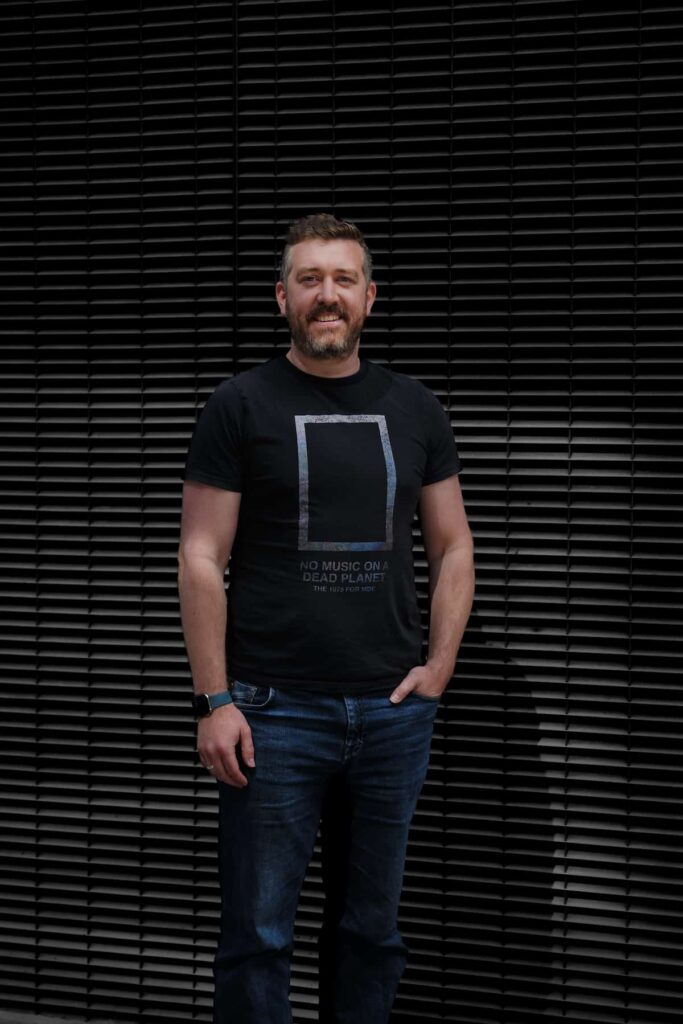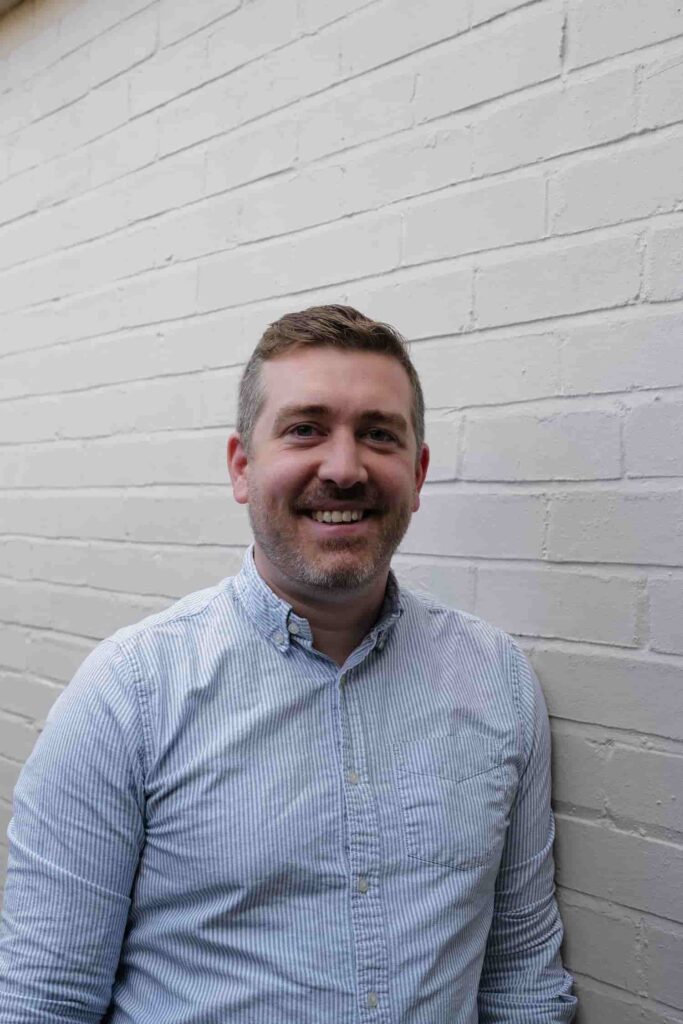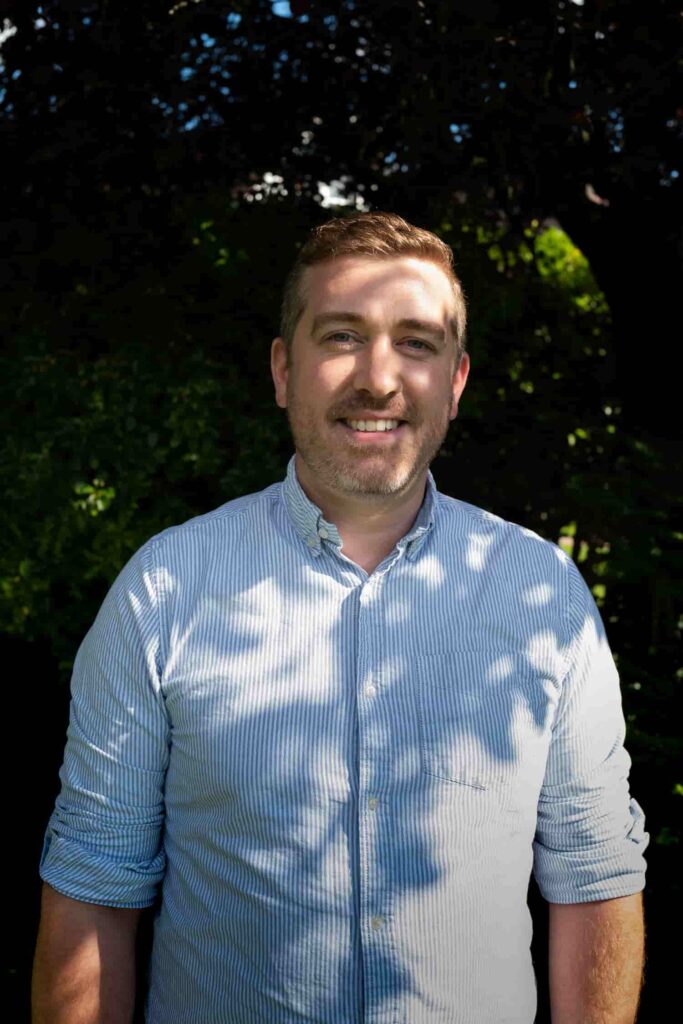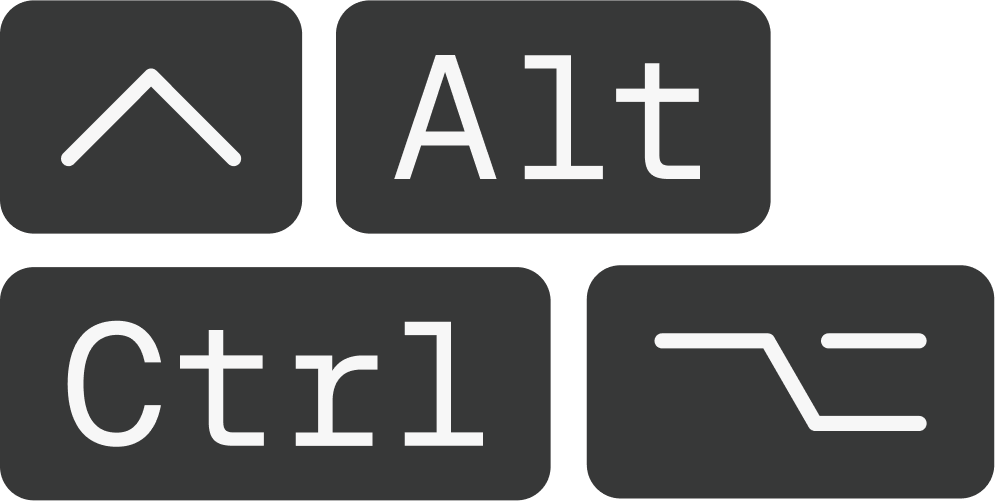
Jack Spargo is the Chief Technology Officer at Ctrl Alt, a company that is changing how people invest in alternative assets by bringing them onto the blockchain. Ctrl Alt builds tokenization infrastructure, which means it helps turn traditional assets like real estate, bonds, private equity, and funds into digital tokens. These tokens are backed by the underlying asset and can be traded more easily, quickly, and securely than traditional financial systems. Jack and his team work with governments, banks, asset managers, and fintechs to make this process smooth and reliable from start to finish. At EliteX, we are proud to have Jack Spargo as part of the edition: Tech Visionaries: Shaping the Future, 2025.
Jack Spargo | Chief Technology Officer | Ctrl Alt
One of the most exciting benefits of tokenization is without a doubt, fractionalization, allowing people to invest in fractions of much larger assets. Take real estate for example, instead of having to purchase an entire property, fractionalization divides the asset up into small pieces, allowing investors to gain access to assets such as property with much smaller capital requirements. This increases flexibility and is accessible to a wider range of investors. The process also replaces slow and complicated paperwork with digital transactions recorded on the blockchain. A real estate deal that might have taken months to close, can now happen in minutes. Tokenization also makes it easier to raise capital, improve liquidity and give investors better ways to diversify their portfolios.
Bringing these complex technological solutions to life requires leadership with both technical expertise and a clear vision for innovation. Jack’s own journey into technology reflects this blend. He studied Aerospace Engineering at the University of Bath, where a placement at Rolls-Royce sparked his interest in using software to improve traditional systems. That interest grew stronger, and he soon moved into technology consultancy roles at major firms like Accenture and Deloitte, working on complex tech solutions for big organizations.
“Our mission is to make investing in alternative assets for everyone—not just the wealthy few.”

His entrepreneurial spirit led him to start a company called Gratsi, which focused on person-to-person payments, especially tipping. When Gratsi was acquired by Strikepay, Jack became the CTO there, leading all aspects of software and engineering. He built strong teams and ensured that the company’s technology delivered real value. After this, he became a Fractional CTO, helping early-stage startups set up their tech systems and engineering teams. With his deep experience in fintech and digital infrastructure, joining Ctrl Alt as CTO was a natural next step.
At Ctrl Alt, Jack is focused on tackling the outdated and inefficient financial systems built on legacy processes that restrict access and slow down the flow of capital. These traditional frameworks often make it difficult for people to invest in alternative assets. By using tokenization, Ctrl Alt is opening up opportunities in areas like real estate, infrastructure, and government bonds. Their solutions make it easier for investors to access and manage their investments while giving asset owners better ways to raise capital. The result is a more open and efficient market that benefits everyone.
One of Jack’s proudest achievements is the tokenization of real estate in Dubai. In one project, a property was fully sold out in less than two minutes, attracting 149 investors from 35 different countries. This was a major milestone not just because of the speed and reach, but because it involved working closely with the public sector and establishing clear regulatory frameworks. The success of this project showed what is possible when technology, regulation, and global demand come together.
But the journey hasn’t always been easy. One major challenge the company faced was shifting from a business-to-consumer (B2C) model to a business-to-business (B2B and B2B2C) focus in 2023. Even though the core technology didn’t change much, the team had to rethink how users interacted with the platform and develop new systems to support larger clients. While B2C had potential, the market was stronger and more stable in B2B. Jack is proud of how the team adapted and embraced this change, which has helped the company grow and succeed.
Jack gets new ideas by staying up to date with the latest trends in technology. He reads blogs and articles but finds even more value in talking to people—through LinkedIn, Slack communities, or at conferences and meetups. Being around others in the tech world gives him new perspectives and often leads to fresh, useful ideas.

“Being a tech visionary means guiding the next generation, not just creating the next tool.”
He believes that being a tech visionary isn’t just about building new tools—it’s about supporting the next generation. Jack is passionate about mentoring software engineers at the beginning of their careers and helping them understand that while tools may change, the mindset of learning, curiosity, and problem-solving remains the same. He wants to show others that although emerging tools like AI and no-code technologies will reshape the industry, the core principles of good engineering still matter.
For Jack, making technology helpful to all people—not just a select few—is a key goal. Many valuable assets, like real estate or infrastructure projects, are usually only accessible to wealthy investors or big institutions. But with tokenization and fractional ownership, more people can afford to invest in these opportunities. Jack and his team make sure their technology is secure, well-managed, and properly regulated so that it benefits everyone and is built to last.
He also believes technology has an important role in solving major global problems like climate change and health care. With AI and powerful data tools now accessible to more people, experts from many fields—such as doctors or environmentalists—can build tech-based solutions. Jack sees this as a positive shift that brings more voices and ideas to the table, which is essential when tackling big challenges.
To people who want to get into tech, Jack advises them to focus on learning the basics first. While it’s tempting to chase the latest tools or coding languages, it’s more important to understand the core ideas behind how technology works. A strong foundation makes it easier to learn new things, switch roles, and decide where to take your career. Understanding the “why” behind the “how” is what truly sets someone apart.
One issue Jack feels isn’t getting enough attention in tech is how AI is being used to reduce human input in the software development process. He warns that relying too heavily on AI could lead to a lack of skilled engineers in the future. He compares it to how people once feared tractors would replace farmers. While technology can improve efficiency, it shouldn’t replace the training and development of new talent. Without bringing in young engineers and training them properly, companies risk losing key knowledge as experienced professionals retire or move on.
Looking ahead to 2030, Jack hopes to see a world where asset ownership can be transferred instantly using blockchain. Whether it’s buying a house, a share in a company, or a car, he imagines a future where everything is handled with smart contracts that include all the needed checks and security. This vision is based on transparency, speed, and reliability. If you had told someone in the 1990s about instant payments through Apple Pay, they would have been amazed—and Jack believes the same leap is coming soon for ownership and investment.
Jack Spargo’s work is helping build that future, one where finance is more open, inclusive, and efficient. He sees his role not just as a tech leader but as a guide, teacher, and innovator. Whether he’s leading a team, launching a product, or mentoring an engineer, Jack is committed to using technology to make a positive difference—for individuals, for industries, and for the world.
“Tokenization replaces slow, paper-based processes with digital transactions that are faster, safer, and more inclusive.”
